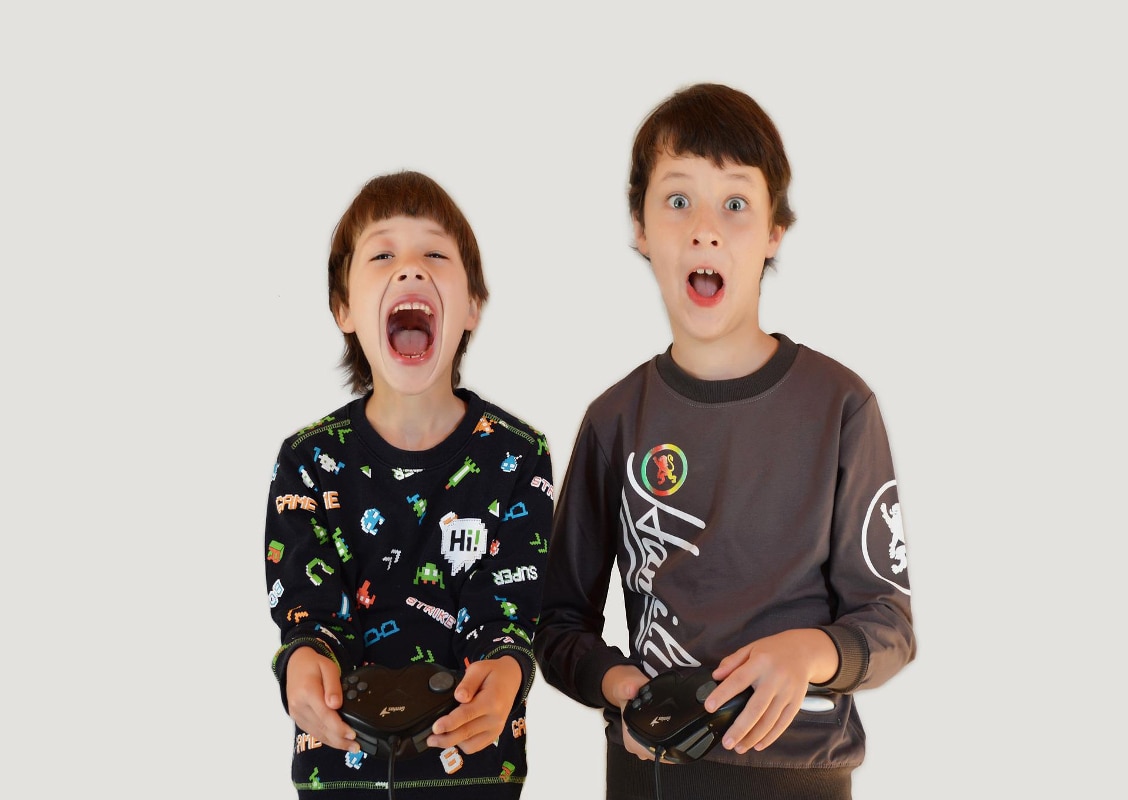Gaming is a prevalent pastime that has grown in popularity since the early 1970s. It started with the Arcade golden age that lasted throughout the early 1980s, with legendary titles like Space Invaders, PacMan and Donkey Kong creating an industry that was growing at an incredible pace.
Despite the late 1980s proving challenging for the industry, momentum built up steadily in the 1990s as the PlayStation generation started to take shape, with online gaming and the introduction of mobile phones causing a surge in gaming popularity at the turn of the century.
Today, the gaming industry is growing rapidly and is conservatively valued at around $155 billion, more prominent than the global music and film industries combined. Statistics suggest that 26% of the world's population regularly plays video games; that's about 2 billion people! The most popular gaming formats are game consoles such as the PlayStation 5, PC gaming, and gaming on mobile phones.
There has been plenty of negative press about how gaming reportedly influenced violent behaviour, aggression, and addiction. For example, the revolutionary first-person shooter Doom was heavily criticised for fuelling the anger of the Columbine massacre perpetrators, and Grand Theft Auto has been blamed for pretty much every car theft in recent years.
What Are The Benefits Of Gaming?
Evidence-based studies have found no direct correlation between video games and violent behaviour. In fact, gaming can positively affect the player, including relieving stress and anxiety. Gaming with friends is a popular pastime and moderate gaming sessions can form either social or friendly competitive events. Or, if you prefer to play alone, you can use gaming as a relaxing hobby.
Social Interaction

Nearly all modern games have a multiplayer component, such as an arena for players to interact. Each game will vary, but players usually interact in small teams of 2-4 players or delve into a world of massively-multiplayer games with thousands of other gamers. Multiplayer games encourage teamwork and cooperation, and gamers can interact with one another using gaming headsets.
During the enforced lockdowns of the COVID-19 pandemic, gamers flocked to online multiplayer games, with research suggesting that this protected players against feelings of isolation. In addition, gaming created digital interactions between friendship groups and family members at a time when physical interaction was illegal in most countries around the world.
Studies stated that "video games have helped them to feel happier, less anxious and isolated” during the pandemic, and up to 29% of players agreed that gaming positively impacted their mental health.
Sense of Achievement
Beating a game, defeating a boss, or winning an online battle can give you great satisfaction and accomplishment. These feelings can boost your mental well-being and provide immense pleasure. Likewise, winning at physical sports delivers similar joy, even if you prefer to watch sport rather than play it.
Modern games feature in-game trophy systems and achievements to unlock during gameplay. Not only do trophies extend the game's longevity, but they also provide the player with the impetus to find hidden secrets and bonus challenges. Trophies vary in complexity between games and enhance the sense of achievement when gamers unlock a reward.
Instil Grit and Determination
Losing at anything is difficult to accept, especially if you have played well or your opponent won against the flow of the game. However, gaming teaches players to accept defeat and to cope with failure. Players may get frustrated, perhaps throwing a controller across the room, but eventually, they will return to try and beat the level.
Some developers create gaming experiences designed to frustrate and challenge the gamer immensely. Games like Demons Soul and Elden Ring will challenge players with almost impossible difficulty spikes, often taking the player back hours in gameplay when defeated. This approach has seen gamers laud these gameplay mechanics because the sense of achievement upon completion is much greater.
Problem-Solving Skills and Hand-Eye Coordination
Role-playing and strategy games are a trendy niche in gaming, providing a fictional world to become lost in. Research has suggested that they are a great way to improve response inhibition and foster intense problem-solving skills while simultaneously relaxing the gamer and enhancing their mood.
Almost any game that encourages rapid decision-making can benefit your mental health, physical health, and job-related skills, especially in tasks requiring excellent hand-eye coordination. For example, a famous study showed that an inexperienced surgeon that played computer games could outperform even the most experienced surgeon in their field. However, one concern is that strategy games increase impulsive behaviour and risk-taking.
Take Home Message: Gaming is Good For You
There's much evidence suggesting gaming is good for your mental wellbeing. However, this theory has several caveats and often depends on the type of game. For example, Oxford University researchers found that Animal Crossing: New Horizons relaxes and calms players; however, can the same be said about marathon Call of Duty deathmatch sessions?
There is little doubt that the social aspects of gaming are positive for the player; this became apparent during the COVID-19 pandemic. Relaxation and well-being are more likely achieved with friendship groups or during games that promote a relaxing environment or engage the users' problem-solving skills.
It is widely accepted that video games provide escapism, supporting the idea that gaming can reduce stress levels and lower anxiety. You may want to call this a gaming relief or a release of negative energy, either way; there is nothing better than kicking back and relaxing in front of a game for half an hour after a tough day at work.